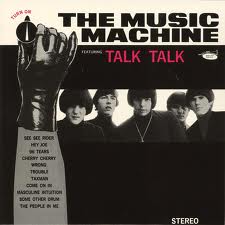Quote Unquote
What do you do with a character who won’t say anything on the page? Or one who won’t shut up? I’m running a workshop on dialogue at the Wordstock Festival in PDX in a week or so. By then, I hope to find the answers to these and other questions.
I had both extremes in Wire to Wire—a character who wouldn’t speak unless you poked him with a stick and one who blabbed on for pages. The one who wouldn’t shut up was a lot more fun to write.
To get ready for the workshop, I’m making a list of things I want to address. Here’s what’s on it so far:
- Dialogue as character poetry
Characters who don’t talk
Characters who talk too much
Dialogue as story information – exceptions where it works
How many people in a scene can talk?
Found dialogue
Real vs. real-sounding vs. clever dialogue
Importance of the cut-away
Sniper dialogue
Extended dialogue
Situations where no one should talk
Story clues in dialogue
Dialogue attributions
Delillo dialogue/McCarthy dialogue
Dialogue quirks
Swearing in dialogue
Memorable dialogue
Your dialogue
Sometime in the next ten days, I’ll get an outline together to make sense of all that. With examples from Robert Stone, Bonnie Jo Campbell, Jon Raymond, Jonathan Franzen, Jonathan Lethem and maybe other people named John as well.
The workshop is on Saturday, October 13 at 4:30. It’ll be fun and maybe even helpful. You can sign up here.
_____________________
One minute and fifty-six seconds of garage rock that will never die: The Music Machine’s “Talk Talk.” Sean Bonniwell R.I.P.

 Subscribe to the RSS feed
Subscribe to the RSS feed